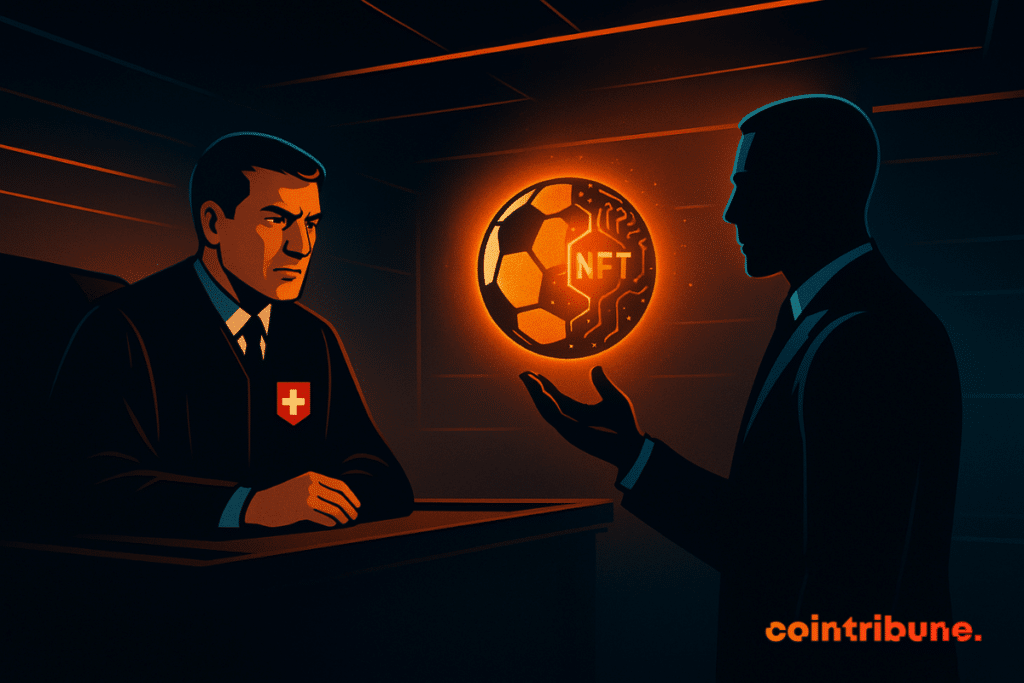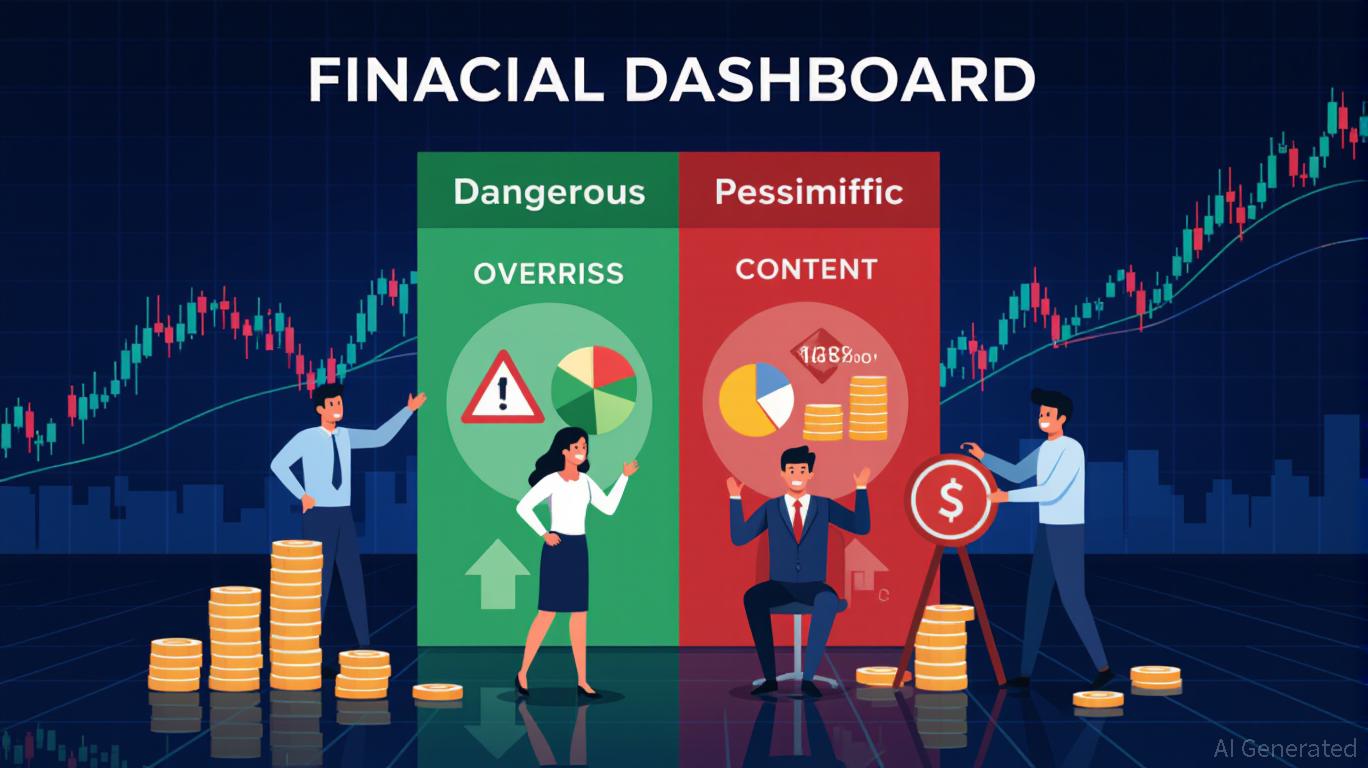GESPA Files Complaint Against FIFA’s NFT Platform, Alleging Unlicensed Gambling Activities
Switzerland’s gambling watchdog has filed a formal complaint against FIFA’s NFT platform, accusing it of operating as an unlicensed gambling service. The move signals growing regulatory pressure on digital collectibles and Web3 ventures as authorities grapple with how blockchain-based reward systems fit within traditional gambling laws.

In brief
- GESPA claims FIFA Collect’s competitions involve chance-based rewards, classifying them as gambling under Swiss law.
- The regulator argues users pay to enter events with random draws, resembling lotteries and sports betting systems.
- FIFA Collect’s “Right to Buy” NFTs, sold for $999, allegedly include elements of chance and monetary gain.
- The investigation follows FIFA’s migration of its NFT platform to Avalanche, adding new lottery-like mechanics.
GESPA Claims FIFA Collect NFTs Cross the Line Into Gambling Territory
Switzerland’s federal gambling regulator, GESPA, has filed a complaint against FIFA’s non-fungible token (NFT) platform, FIFA Collect, alleging that it operates as an unlicensed gambling service.
GESPA stated that certain competitions and reward programs on the platform involve elements of chance, which, under Swiss law, classify them as gambling. According to the regulator, users can participate in these events only by paying a monetary stake, with prizes determined by random draws or similar methods .
Participation in the competitions is only possible in exchange for a monetary stake, with monetary benefits to be won. Whether participants win a prize depends on random draws or similar procedures.
GESPA
The regulator said these activities resemble lotteries and sports betting—categories that, in Switzerland, are restricted to licensed operators Sporttip and Jouez Sport .
Collect’s Migration to Avalanche Spurs Regulatory Heat
GESPA began investigating FIFA Collect in October over its “Right to Buy” NFTs, which grant holders the ability to purchase World Cup tickets at face value. These NFTs—tied to major teams such as Argentina, Spain, France, England, and Brazil—sold for $999 each and have all sold out, according to FIFA Collect data.
The platform, originally launched in 2022 on the Algorand blockchain, has since announced plans to migrate to its own blockchain built as a subnet on Avalanche. This shift reportedly boosted activity on the platform and introduced new distribution methods resembling lottery mechanics, drawing regulatory scrutiny.
GESPA’s complaint marks the latest clash between digital collectibles and traditional gambling laws. The regulator noted that it has referred the matter to law enforcement, which will determine whether FIFA’s NFT operations violate Swiss regulations.
While GESPA has not taken an official stance beyond filing the complaint, it has offered to assist in any future investigation. Observers suggest that FIFA may seek to modify its NFT distribution model or reach an agreement with regulators to avoid further legal action.
Disclaimer: The content of this article solely reflects the author's opinion and does not represent the platform in any capacity. This article is not intended to serve as a reference for making investment decisions.
You may also like
Wellness-Driven Industries: A Profitable Intersection of Individual Health and Economic Wellbeing
- The global wellness industry, valued at $2 trillion, is reshaping healthcare , tech, and education through holistic well-being integration. - Younger generations drive 41% of U.S. wellness spending, prioritizing mental resilience and financial stability alongside physical health. - AI and wearables bridge health and financial wellness, with startups like Akasa and Meru Health leveraging tech for personalized solutions. - Education institutions adopt wellness programs, supported by public-private partners

Financial Well-being and Investment Choices: The Impact of Individual Financial Stability on Market Involvement and Building Lasting Wealth
- Financial wellness, combining objective health and subjective well-being, directly influences market participation and investment success according to 2025 studies. - Four financial wellness quadrants reveal systemic gaps: only 38% achieve high health and well-being, while millennials show mixed confidence amid rising debt and stagnant wages. - Behavioral biases affect all investors: 84% of high-net-worth individuals seek education to counter overconfidence, while young investors rely on social media for

The Growing Impact of Artificial Intelligence on Learning and Professional Development
- Global AI in education market to grow from $7.57B in 2025 to $32.27B by 2030 (31.2% CAGR), driven by classroom AI adoption and workforce training. - Asia-Pacific leads growth (35.3% CAGR), with 60% U.S. teachers and 86% global students using AI for personalized learning and content summarization. - Institutions like Farmingdale State College pioneer AI integration through interdisciplinary programs and NSF-funded ethical AI research initiatives. - Strategic partnerships (e.g., IBM-Pearson) and platforms

The Influence of TWT’s Updated Tokenomics on the Dynamics of the Cryptocurrency Market
- TWT/TON's 2025 tokenomics shift from speculative governance to utility-driven ecosystem integration, embedding tokens in platform functions like Trust Premium. - Deflationary mechanisms (88.9B tokens burned) and cross-chain FlexGas systems create scarcity, mitigating oversupply risks while expanding transactional use cases. - Governance reforms prioritize community voting on fees and partnerships, but face challenges from regulatory uncertainty and Solana network dependencies. - Institutional adoption gr

